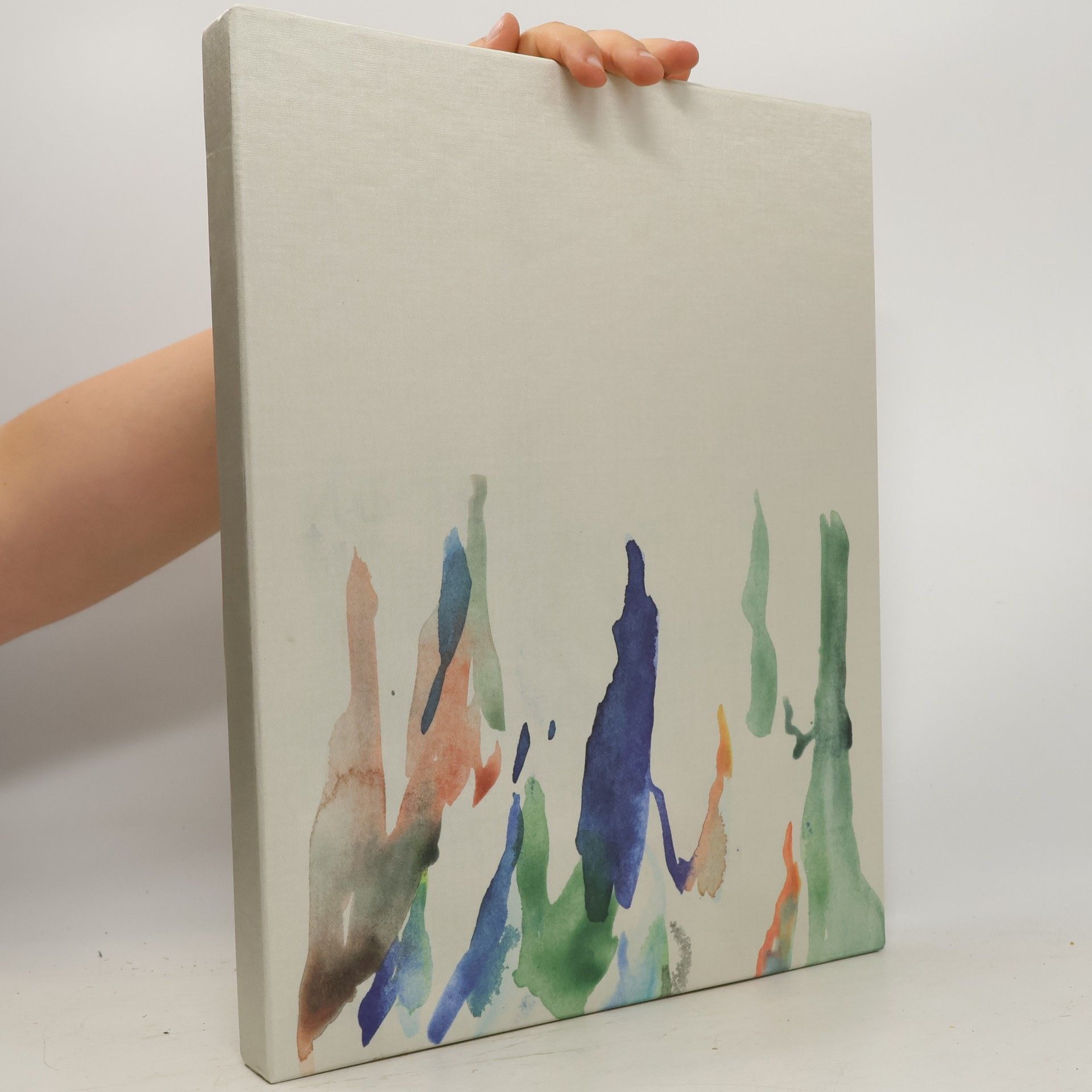This sumptuously written thriller asks probing questions about how we live with each other and with our planet. Raised on his wits on the streets of Central America, the Cobra, a young debt collector and gang enforcer, has never had the chance to discern between right and wrong, until he's assigned the murder of Polo, a prominent human rights activist--and his friend. When his conscience gives him pause and his patrón catches on, a remote Mayan community offers the Cobra a potential refuge, but the people there are up against predatory mining companies. With danger encroaching, the Cobra is forced to confront his violent past and make a decision about what he's willing to risk in the future, and who it will be for. Following the Cobra, Polo, a faction of drug-dealing oligarchs, and Jacobo, a child caught in the crosshairs, Rey Rosa maps an extensive web of corruption upheld by decades of political oppression. A scathing indictment of exploitation in all its forms, The Country of Toó is a gripping account of what it means to consider societal change under the constant threat of violence.
Rodrigo Rey Rosa Book order (chronological)
Rodrigo Rey Rosa stands as a significant voice in Guatemalan literature, with his fiction garnering international acclaim and wide translation. His work delves into the complexities of human motivation and the nuances of morality, often exploring unsettling themes with a sharp, incisive style. Rey Rosa masterfully crafts narratives filled with tension and disquieting imagery that draw readers into the core of his explorations. His unique literary perspective and exploration of darker aspects of existence make him a compelling author for those seeking profound and thought-provoking fiction.




El mar de Barceló
- 216 pages
- 8 hours of reading
Der erste Roman des guatemaltekischen Schriftstellers Rodrigo Rey Rosa unterläuft alle Erwartungen, die sich an Literatur aus Lateinamerika knüpfen; in einer einfachen, ja lakonischen Sprache erzählt er von der Schwierigkeit, moralisch zu handeln. Rey Rosa ist präzise und verhalten auch dort, wo die Schauplätze des Romans – Guatemala und Tanger – gleichsam zur exotischen Darstellung drängen. Geschult an der schmucklosen Prosa des legendären Schriftstellers Paul Bowles – der im Buch auch als handelnde Gestalt auftritt – entwirft Rey Rosa das Bild einer verrohten und gewalttätigen Gesellschaft. 'Die verlorene Rache' ist vieles in einem: ein spannender Kriminalroman, eine herbe Liebesgeschichte, ein Sittengemälde, eine Reiseerzählung. Und über allem steht die Kunst des Autors, Grundfragen der menschlichen Existenz fast beiläufig abzuhandeln.
La orilla africana
- 160 pages
- 6 hours of reading
"Historia de un joven marroqui y uno colombiano, en la ciudad de Tanger, enlazados por un sutilisimo azar que los desliza hacia la disyuntiva de su personalidad."